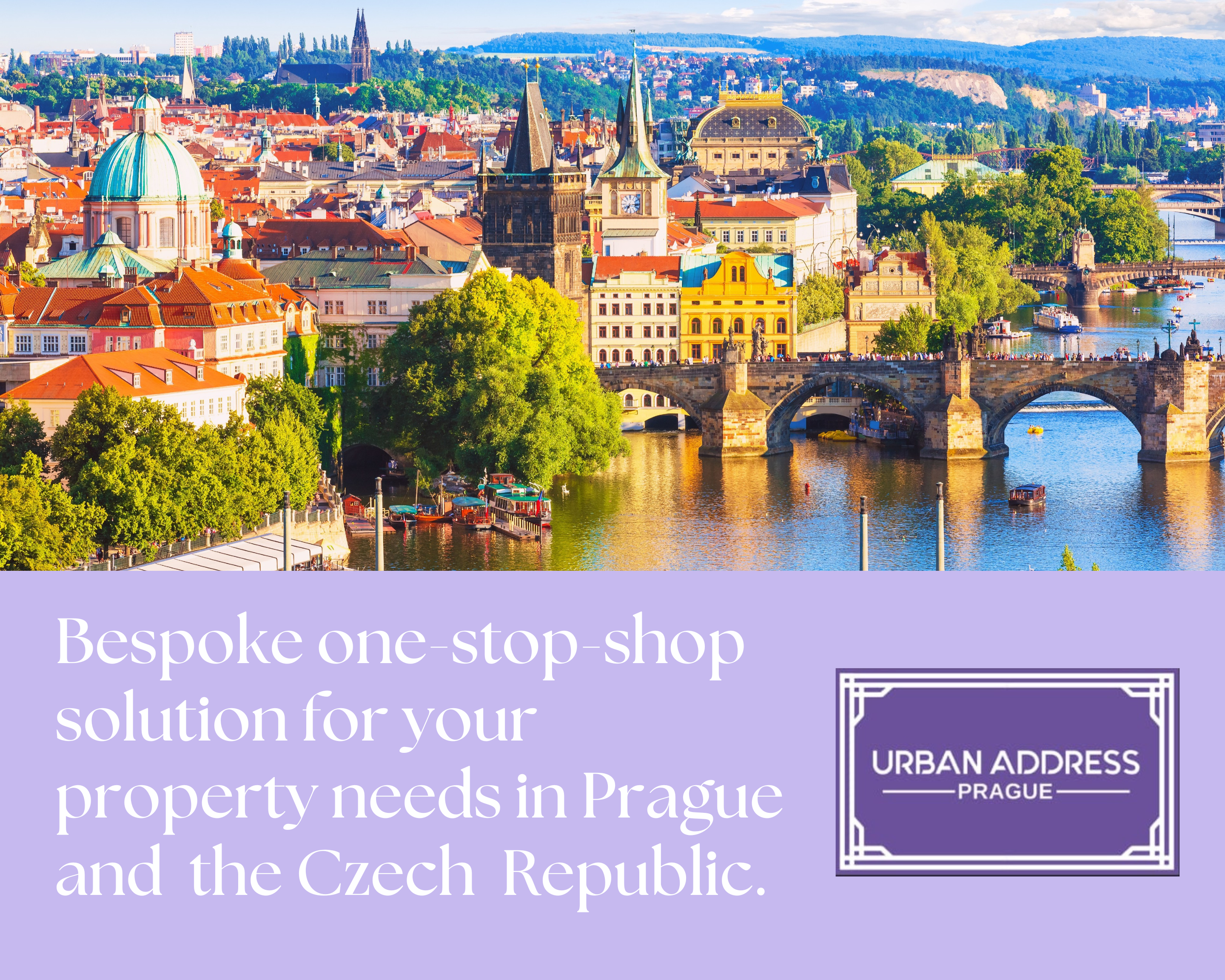Retire in Hradec Kralove Guide
Summary: Retire in Hradec Kralove with confidence, armed with the knowledge from our extensive guide. It covers critical considerations for retirees, from the cost of living and climate to housing, healthcare, and residency choices in Hradec Kralove. We also delve into the social and cultural scene, volunteering options, public transportation facilities, and the city's walkability, helping you make an informed decision.
Retiring in Hradec Kraloveublic, is an increasingly popular choice for international retirees. This charming city offers a unique blend of rich history, stunning architecture, and a relaxed pace of life. The cost of living is relatively low compared to Western Europe, and the healthcare system is excellent. However, like any foreign country, there are challenges to consider, such as language barriers and cultural differences.
Cost of Living
The cost of living in Hradec Kralove is one of its biggest draws for retirees. Housing, groceries, and utilities are significantly cheaper than in many Western European countries. A comfortable lifestyle can be achieved on a modest pension or savings. However, it's important to factor in potential costs such as healthcare, travel, and leisure activities.
Climate
Hradec Kralove experiences a temperate continental climate, with warm summers and cold winters. The city is beautiful in all seasons, from the vibrant colors of autumn to the snow-covered streets in winter. However, the cold can be a challenge for some, particularly those used to warmer climates.
Healthcare
The Czech Republic boasts a high standard of healthcare, and Hradec Kralove is no exception. The city is home to the University Hospital Hradec Kralove, one of the country's leading medical institutions. Many doctors and nurses speak English, although this is less common among older healthcare professionals.
Public Healthcare System
International retirees can access the Czech public healthcare system, provided they are legal residents and pay into the system. However, many choose to take out private health insurance for greater flexibility and access to English-speaking doctors.
Residency Options for Retirees
Retirees from EU countries can live in the Czech Republic without a visa. Non-EU retirees will need to apply for a long-term residence permit, which requires proof of financial self-sufficiency, health insurance, and a clean criminal record.
Parks and Recreational Activities
Hradec Kralove is a green city, with numerous parks and gardens. The city's location on the confluence of the Elbe and Orlice rivers offers opportunities for boating and fishing. The city also hosts several cultural events throughout the year, including music festivals and art exhibitions.
Restaurants
The city offers a variety of dining options, from traditional Czech cuisine to international fare. Popular choices include Restaurant U Hradu, known for its Czech dishes, and Pizzeria Toscana, a favorite for Italian food.
Learning the Language
While many younger Czechs speak English, learning Czech can greatly enhance your experience. The University of Hradec Kralove offers Czech language courses for foreigners.
Local Culture
Czechs are generally reserved but friendly. They value their privacy and family life, but also enjoy socializing in pubs and at cultural events. Hradec Kralove has a relaxed pace of life, with a strong sense of community.
Market Life
The city hosts a weekly farmers' market, where locals and expats alike can buy fresh produce, homemade goods, and local crafts. It's a great place to mingle with locals and practice your Czech.
Meeting People and Volunteering
Joining local clubs and organizations is a great way to meet people. The International Women's Association of Hradec Kralove is a popular group for expat women. Volunteering is also common, with opportunities at local charities and community organizations.
Housing
Most retirees choose to live in the city center, where amenities are within walking distance. Apartments are the most common type of housing, although houses are available in the suburbs. The city's public transportation system is efficient and affordable, making car ownership optional.
About the Author
 Joshua Wood, LPC joined Expat Exchange in 2000 and serves as one of its Co-Presidents. He is also one of the Founders of Digital Nomad Exchange. Prior to Expat Exchange, Joshua worked for NBC Cable (MSNBC and CNBC
Primetime). Joshua has a BA from Syracuse and a Master's in Clinical and Counseling Psychology from Fairleigh Dickinson University. Mr. Wood is also a licensed counselor and psychotherapist.
Joshua Wood, LPC joined Expat Exchange in 2000 and serves as one of its Co-Presidents. He is also one of the Founders of Digital Nomad Exchange. Prior to Expat Exchange, Joshua worked for NBC Cable (MSNBC and CNBC
Primetime). Joshua has a BA from Syracuse and a Master's in Clinical and Counseling Psychology from Fairleigh Dickinson University. Mr. Wood is also a licensed counselor and psychotherapist.
Some of Joshua's articles include Pros and Cons of Living in Portugal, 10 Best Places to Live in Ireland and Pros and Cons of Living in Uruguay. Connect with Joshua on LinkedIn.




